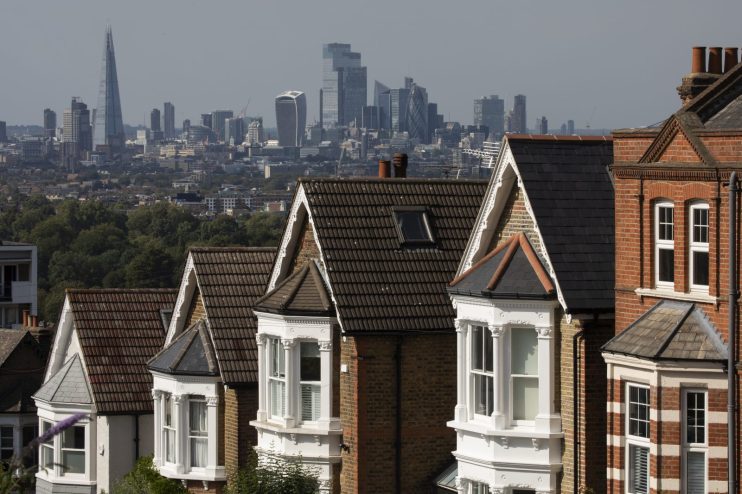House prices continue climb but signs of slowing begin to show

House prices increased to another record high in August but the pace at which they are climbing is slowing.
Monthly growth sat at 0.7 per cent in the month just gone, leaving prices up 7.1 per cent year on year, according to the Halifax House Price Index.
The latter figure is down from 7.6 per cent in July, and 8.7 per cent in June.
London prices also continued to lag the rest of the country, with an annual price increase of just 1.3 per cent, compared to double digit growth in Wales and 6.8 per cent in the wider south east.
The tapered end of the stamp duty holiday saw sale volumes fall by 62 per cent in July, cooling a market that had maintained its heat throughout the pandemic.
Russell Galley, Halifax’s Chief Executive, said he expected prices to continue to increase despite the end of the tax break next month.
“The macroeconomic environment is becoming increasingly positive, with job vacancies at a record high and consumer confidence returning to pre-pandemic levels,” he said.
“Coupled with a supply of properties for sale that looks increasingly tight, and barring any reimposition of lockdown measures or a significant increase in unemployment as job support schemes are unwound later this year, these factors should continue to support prices in the near-term.”
The average UK house price now sits at £262,954, rising to £508,503 in the capital and £356,742 across the south east.
Demand is still high among the mid to lower segment of the property market due to these buyers still benefiting from the stamp duty holiday despite it becoming less generous.
Martin Beck, chief economic adviser to the EY Item Club, said: “Buyers lining up transactions and seeking to benefit from a lower tax bill before the October deadline may have supported demand and prices in August.”
Several other factors have supported demand over the last year, including historically low mortgage rates for buyers with access to large deposits, changing housing preference engineered by the pandemic and the labour market effectively weathering the worst of the Covid crisis.
However, affordability in the market is looking increasingly “stretched”, Beck warned, pointing to the increasing ratio of household incomes to house prices.
“Higher inflation, the prospect of some increase in unemployment when the furlough scheme ends and the reversal of other supports to household incomes will weigh on households’ finances. But elevated house prices are unlikely to see any significant fall for the foreseeable future,” he added.
